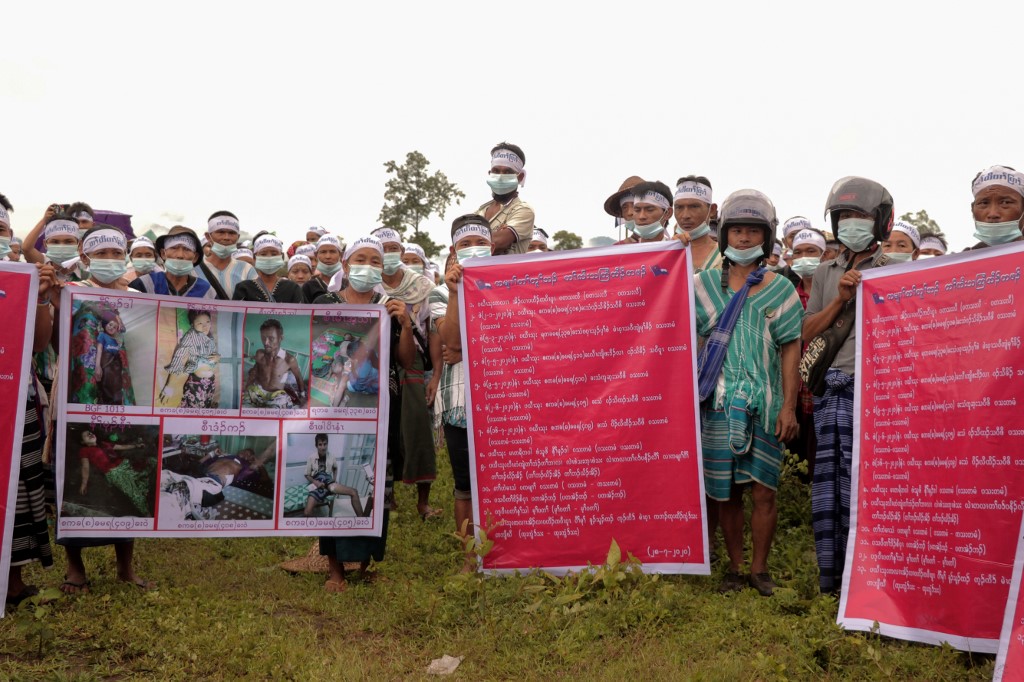
On October 10, I cast an early vote at the Myanmar embassy in Bangkok, where I am in my last year of university. It was my first time voting and I was proud to exercise my basic civil right, to take part in shaping our country’s future, even though I was not in my native Karen State.
My happiness did not last long.
One week later, the Union Election Commission (UEC) announced the cancellation of elections in more than 50 village tracts in six townships in my home state. By October 27, the UEC had confirmed the cancellation of elections in 56 townships in seven states and regions where much of the country’s ethnic minority population resides. The UEC stated that due to armed conflict and a lack of peace and stability, the elections in those areas would not be “free and fair.”
This was shocking but it has happened before. In Myanmar’s 2015 election, voting was cancelled in seven townships in Shan State and hundreds of village tracts across the country, including in Karen State. About 850,000 Rohingya Muslims and 100,000 people in internally displaced persons’ in camps in Kachin and Shan states were also excluded from voting. Five years later, they still can’t.
What kind of government holds “free and fair” elections excluding ethnic minorities from voting because of a “lack of peace” instead of ensuring that there would be peace in those areas at least on voting day?
As a result of the cancellations, more than 1.2 million voters will not be able to vote this year. I sympathize with these citizens who have been silenced involuntarily.
As Myanmar moves forward on its path to democracy, disenfranchisement like this is totally unacceptable. The message is clear: you are not allowed to take part in shaping democracy if you are an ethnic person from a conflict area.
Ensuring that there is a safe environment for every citizen to vote should take place before organizing an election. A government should be able to guarantee the security of every citizen so that they are able to participate in the electoral process.
Since this did not happen in Myanmar, the UEC should have postponed the 2020 election in Myanmar until these basic guarantees could have been met.
Some will say that such an action by the UEC would have posed threats to the future of Myanmar. But widespread disenfranchisement in the 2020 election also comes at a price: not only does it discourage future civic engagement from marginalized populations, it undermines the little trust left between the government and ethnic minorities at a time when the country should be building peace.

